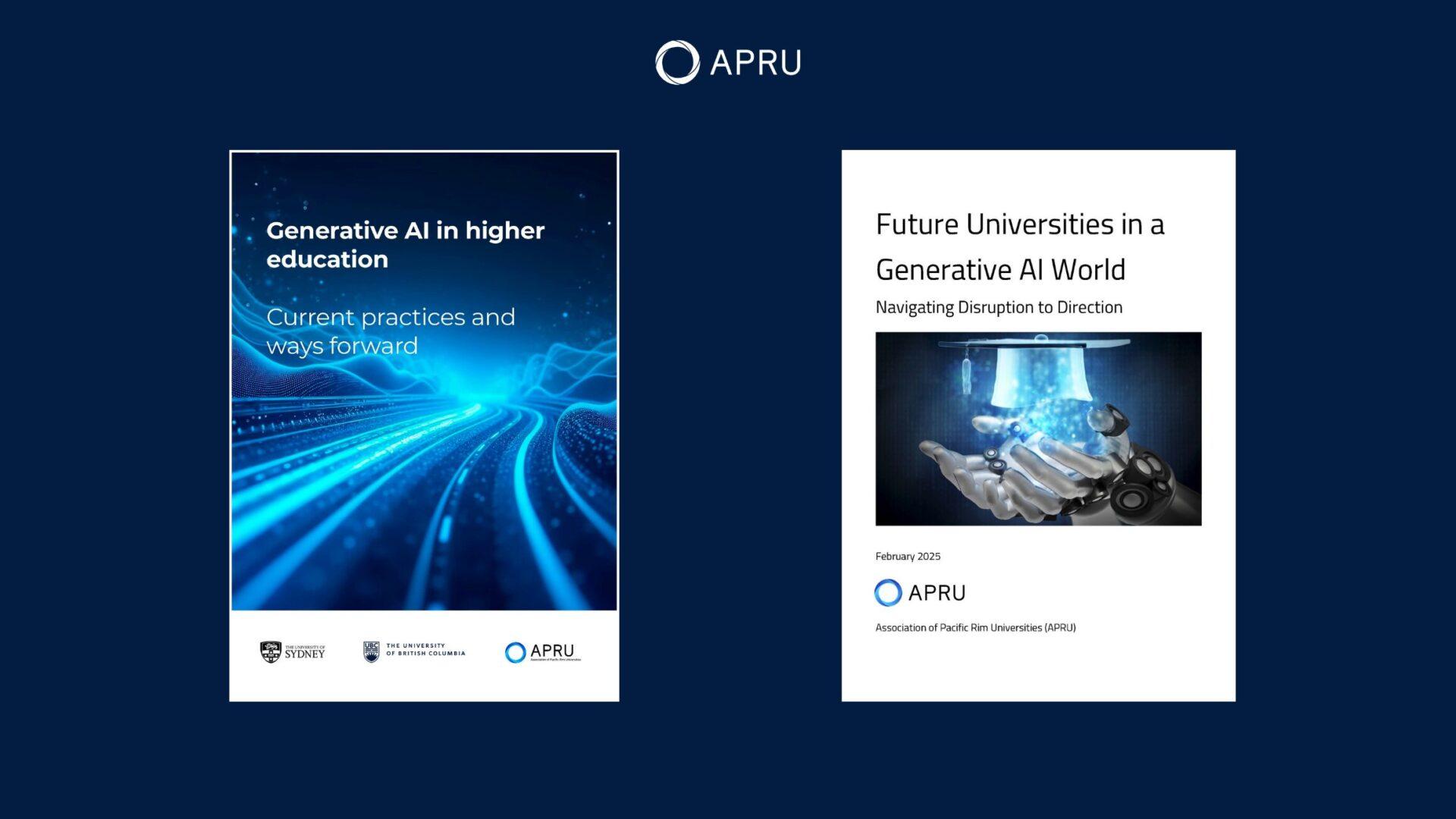How AI Is Transforming Higher Education: The Future of Learning in Universities
The landscape of higher education is evolving rapidly, thanks to the transformative power of artificial Intelligence (AI). Universities worldwide are leveraging AI technologies to enhance learning experiences, personalize education, and streamline administrative processes. In this article, we explore how AI is revolutionizing universities, the key benefits, practical applications, and what the future holds for students and educators. Whether you’re a student, professor, or education administrator, understanding the impact of AI in higher education is crucial for staying ahead in the evolving academic world.
What is Artificial Intelligence (AI) in Higher education?
Artificial Intelligence refers to the simulation of human intelligence processes by machines, especially computer systems. In the context of universities, AI encompasses technologies such as machine learning, natural language processing, and data analytics that are being integrated into the academic ecosystem. These AI-powered tools are revolutionizing higher education by automating administrative tasks, personalizing learning, and enhancing research methodologies.
Key Ways AI Is Transforming Universities
- Personalized Learning Plans: AI-driven platforms analyze student performance and adapt content to individual learning paces, making higher education more effective and inclusive.
- Smart Tutoring Systems: Virtual teaching assistants and chatbots are available 24/7 to answer queries and provide feedback, keeping students engaged even outside classroom hours.
- Predictive Analytics: Universities utilize AI to predict student outcomes, identify at-risk students, and offer timely interventions to improve retention and graduation rates.
- automated Grading: AI-powered grading systems are reducing the burden on professors, providing instant feedback, and allowing instructors to focus on more personalized teaching.
- Enhanced research Capabilities: AI facilitates rapid data analysis, pattern recognition, and literature review, accelerating innovation and discovery in academic research.
- Administrative Efficiency: AI automates scheduling, enrollment, and admissions processes, streamlining university operations and improving the student experience.
Benefits of AI in Higher Education
- Improved Engagement: Interactive AI tools make learning dynamic, increasing student motivation and participation.
- Accessibility: AI-powered transcription, translation, and content modification ensure that learning materials are accessible to everyone, including those with disabilities.
- Data-Driven Decision Making: Administrators access actionable insights for curriculum development, resource allocation, and institutional planning.
- Cost and Time Efficiency: Automations lower operational costs and free up time for both staff and students.
- Personal Support: AI chatbots provide round-the-clock support for academic and administrative questions, improving the student experience.
Case Studies: AI Innovations in Leading Universities
1. Georgia Tech’s Jill Watson
Georgia Tech introduced an AI-powered teaching assistant named “Jill Watson” to help answer questions in online forums. Students initially didn’t realize Jill was an AI, and feedback showed quicker response times and greater student satisfaction.
2. Harvard University’s Canvas Analytics
Harvard leverages AI-powered learning management systems to monitor student engagement in real-time. The system identifies students falling behind and notifies instructors,who can then offer targeted support.
3. imperial College London’s AI for Research
Imperial College uses AI-driven platforms for automating literature reviews and hypothesis testing, accelerating the pace of research and supporting faculty and postgraduate students working on complex scientific challenges.
How Students and Educators Can Leverage AI
For Students:
- Use AI tutoring tools like Coursera or Khan Academy for customized learning experiences.
- Leverage note-taking and summarizing AI apps to enhance study sessions.
- Tap into predictive analytics platforms for career guidance and academic support.
For Educators:
- Incorporate AI assessment tools for more accurate and efficient grading.
- Use analytics dashboards to identify and assist struggling students swiftly.
- Enhance lecture materials with interactive, AI-generated content.
Challenges and Considerations in AI-Enhanced Higher Education
- Data Privacy: Universities must ensure that student data used in AI systems is protected and securely managed.
- Bias and Fairness: Careful oversight is necessary to avoid biases in AI algorithms that can affect assessment and support services.
- Faculty Training: Ongoing professional development is vital to help educators make the most of new AI tools.
- Cost of Implementation: Advanced AI solutions can be expensive, requiring strategic planning and investment.
Future Trends: What’s Next for AI in Universities?
The integration of AI in higher education is expected to deepen, bringing sweeping changes such as:
- Hyper-Personalized Curricula: Adaptive learning environments will tailor entire degree paths to individual student strengths and interests.
- Greater Collaboration: Expect increased partnerships between universities and tech companies to co-develop AI-driven educational solutions.
- AI-Enhanced Academic Advising: Smart advisors capable of integrating students’ professional aspirations,academic records,and personal needs into guidance.
- Global Access: AI will break language and location barriers, making world-class university-level education accessible to all, anywhere.
- Ethical AI Practices: As universities lead in AI research, focus will turn to developing and teaching responsible, transparent, and ethical AI practices.
Conclusion: Embracing AI for a Smarter University Experience
The journey of AI in higher education is just beginning, but its transformative impact is already clear. From personalized learning and efficiency gains to research breakthroughs and increased accessibility, universities embracing AI are setting new standards for what it means to educate and be educated. While challenges like data privacy and ethical AI must be addressed, the future of learning in universities is brighter, more innovative, and more student-centric than ever before.
As technology continues to evolve, educators, students, and administrators shoudl remain proactive—staying informed and open to integrating AI in higher education will be the key to unlocking the full potential of tomorrow’s universities. are you ready for the future of learning?

